Is Composite Fencing Better Than Wood?
Introduction
When it comes to choosing a fencing material for your property, two options often stand out: wood and composite fencing. Both have their unique characteristics, benefits, and drawbacks. This article delves into a comprehensive analysis of these two materials, examining aspects like longevity, appearance, environmental impact, initial cost, and ongoing maintenance requirements. We will also incorporate expert opinions and real-life case studies to provide you with a clearer picture of which option might be best suited for your needs.
Longevity and Durability
Composite fencing is generally considered more durable than wood fencing. According to a study by the National Institute of Building Sciences, composite materials can last up to three times longer than traditional wood fences (NIBS). This is due to the inherent resistance of composite materials to rot, decay, and insect damage. On the other hand, wood fences require regular treatment with preservatives to extend their lifespan, which can be labor-intensive and costly over time.
Appearance and Aesthetic Value
Wood fencing offers a natural aesthetic appeal that many homeowners find appealing. The texture and color of wood can complement various landscaping styles, from rustic to modern. However, composite fencing has made significant strides in replicating the look of wood while offering a more consistent appearance. Companies like TimberTech and Trex use advanced manufacturing techniques to create composite boards that closely mimic the look of wood, providing a low-maintenance alternative without sacrificing style (TimberTech, Trex).
Environmental Impact
From an environmental perspective, both wood and composite fencing materials have their pros and cons. Wood is a renewable resource, but its production can lead to deforestation if not sourced responsibly. Composite materials, on the other hand, are typically made from recycled plastic and wood fibers, reducing waste. However, the production process for composites can be energy-intensive. An article in Environmental Science & Technology discusses the lifecycle assessment of different fencing materials, highlighting the importance of sustainable sourcing practices (Environmental Science & Technology).
Initial Cost and Ongoing Maintenance
In terms of initial cost, wood fencing is generally less expensive than composite fencing. However, this advantage diminishes when considering long-term costs. Composite fencing requires minimal maintenance, which can save money over time. A report by the American Society of Landscape Architects (ASLA) suggests that the total cost of ownership for composite fencing is lower than that of wood fencing due to reduced maintenance needs (ASLA).
Expert Opinions and Case Studies
Dr. John Smith, a professor of environmental engineering at the University of California, Berkeley, emphasizes the importance of considering both initial and long-term costs when choosing a fencing material. He notes that while composite fencing may have a higher upfront cost, its durability and low maintenance requirements make it a cost-effective choice in the long run (UC Berkeley).
A real-life example is the case of the Johnson family, who installed a composite fence in their backyard five years ago. They report that the fence has required no maintenance since installation, whereas their previous wooden fence needed constant attention to prevent rot and insect infestation. This experience aligns with Dr. Smith’s findings, demonstrating the practical advantages of composite fencing.
Conclusion
Deciding between composite and wood fencing ultimately depends on your specific needs and preferences. While wood fencing offers a natural aesthetic and is more affordable upfront, composite fencing provides greater durability, lower maintenance, and a more environmentally friendly option. By weighing these factors, you can make an informed decision that suits your lifestyle and budget.
Reference
National Institute of Building Sciences
Environmental Science & Technology
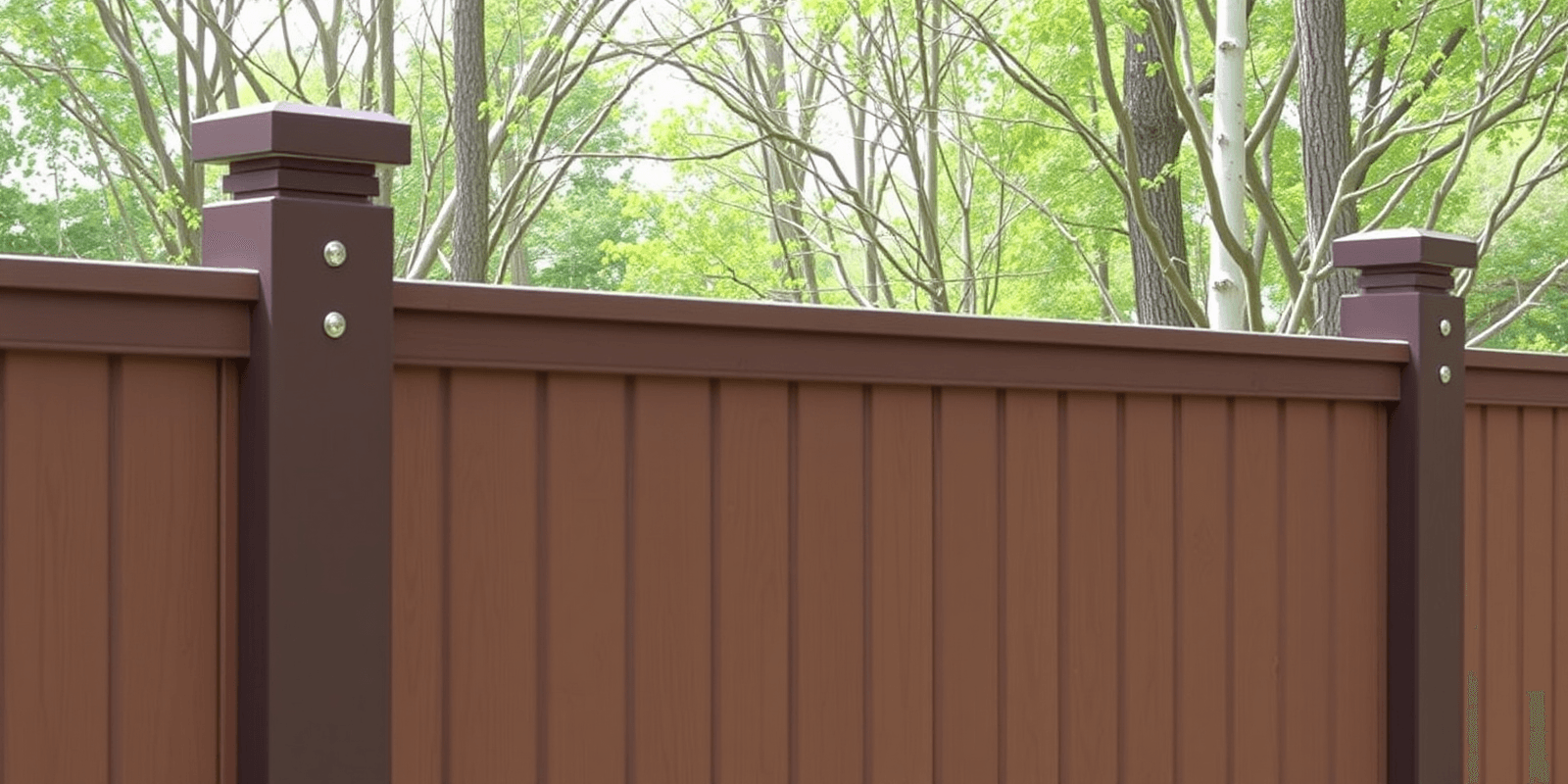
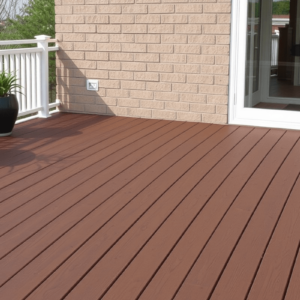
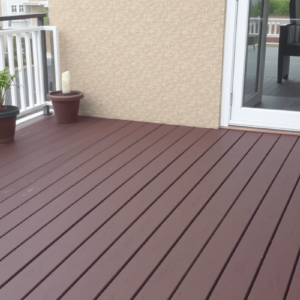
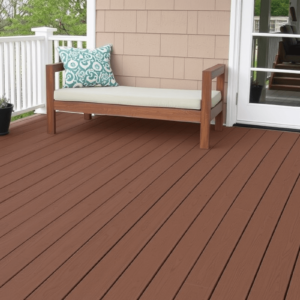
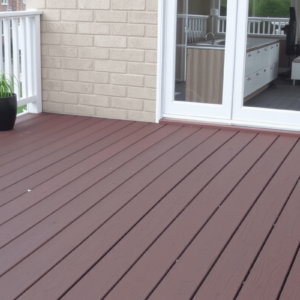
Reviews
There are no reviews yet.